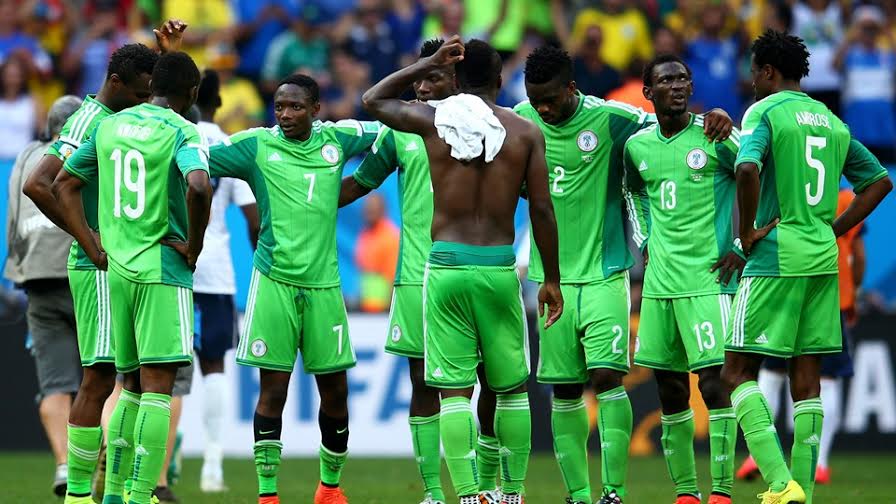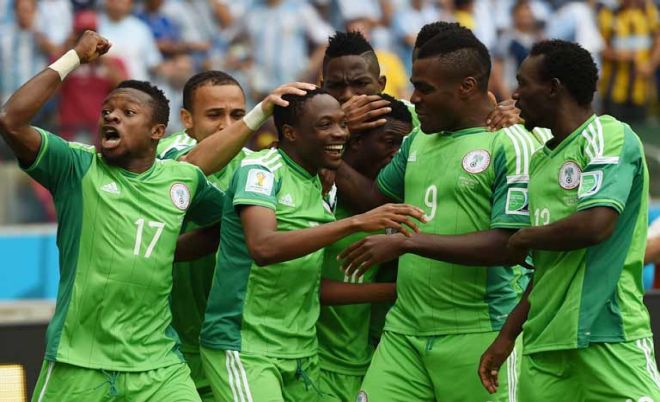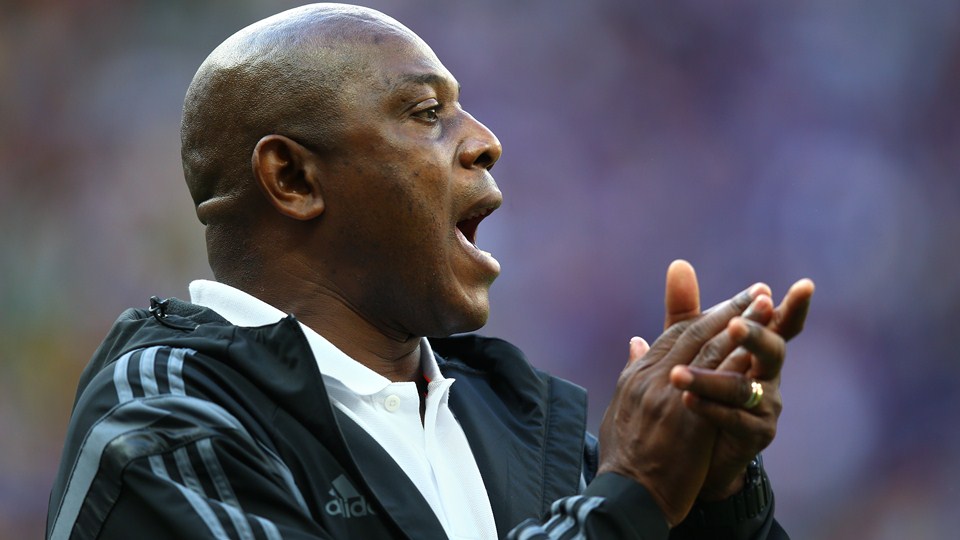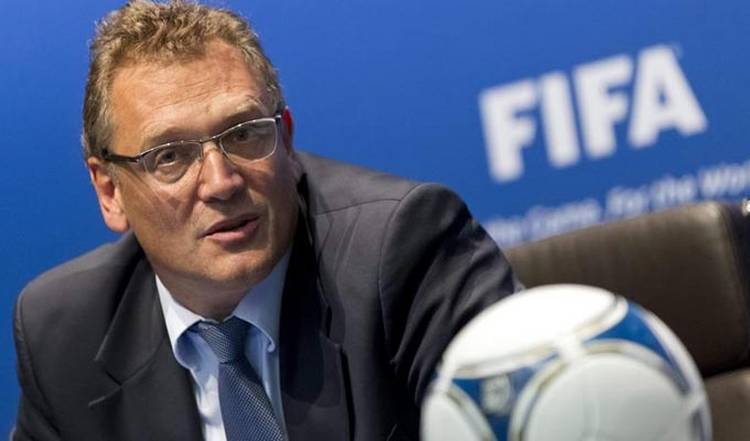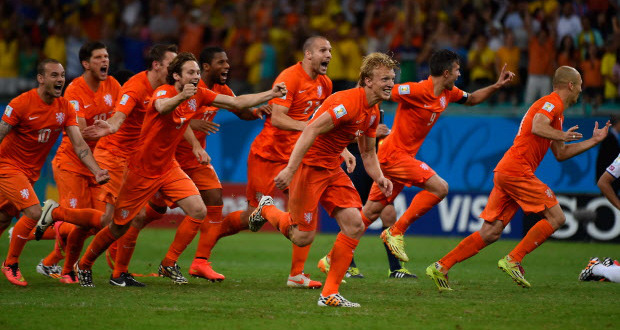FIFA’s Technical Study Group member and former Super Eagles captain, Sunday Oliseh, has identified the huge extended family commitments of African players as the reason why they haggle over money with their federations during the World Cup.
According to Oliseh, it will be less-than-accurate to say the players are simply motivated by greed.
Apart from Algeria, and to a smaller extent Ivory Coast, African sides — before their elimination from Brazil — were embroiled, not for the first time, in a series of pay disputes, once again leading to speculation that they did not have their minds on the job at hand.
But Sunday Oliseh who played in two World Cups for Nigeria and bagged 63 caps said it goes much deeper than the speculations and that the bad press the African nations have received wasn’t justified.
Advertisement
He hinged the problem on the unique cultural background of Africans and added that the financial responsibilities stretch far beyond their own ends.
“I would refute the suggestion that African players are not as committed; in fact, I’d say they are more committed,” Oliseh said.
“When you look at the responsibilities African players have to carry, the culture is a familiar one. It’s built around families.
Advertisement
“If you are earning €100, it’s not just for your wife and kids; it’s for your wife, kids, brother, cousin, aunt, sister and sister’s brother. School fees for this and that. In one kind of way, we are drained. But it’s a drainage we accept and do not complain about.
“So when African players come to the World Cup, it’s not all about money; it’s because of the fact that most of them have (been made) certain promises and these promises have not been fulfilled. It’s very easy to apportion blames, but it’s a general thing because the situation is different. My mailbox is full with questions about this issue.”
An African country has yet to go beyond the quarter-finals of the World. The feat of Cameroon in 1990, Senegal in 2002, and Ghana in 2010 was not even matched in Brazil, and Oliseh also attempted to explain why this has not happened.
“We have the quality. Ghana were within one penalty (in a shootout) of reaching the semifinals four years ago,” he said.
Advertisement
“But what we need is a solution so that everyone is satisfied before the tournament starts. It’s going to be better for everyone if we don’t have to talk about off the pitch issues. Personally, I find it very painful.”
Add a comment
